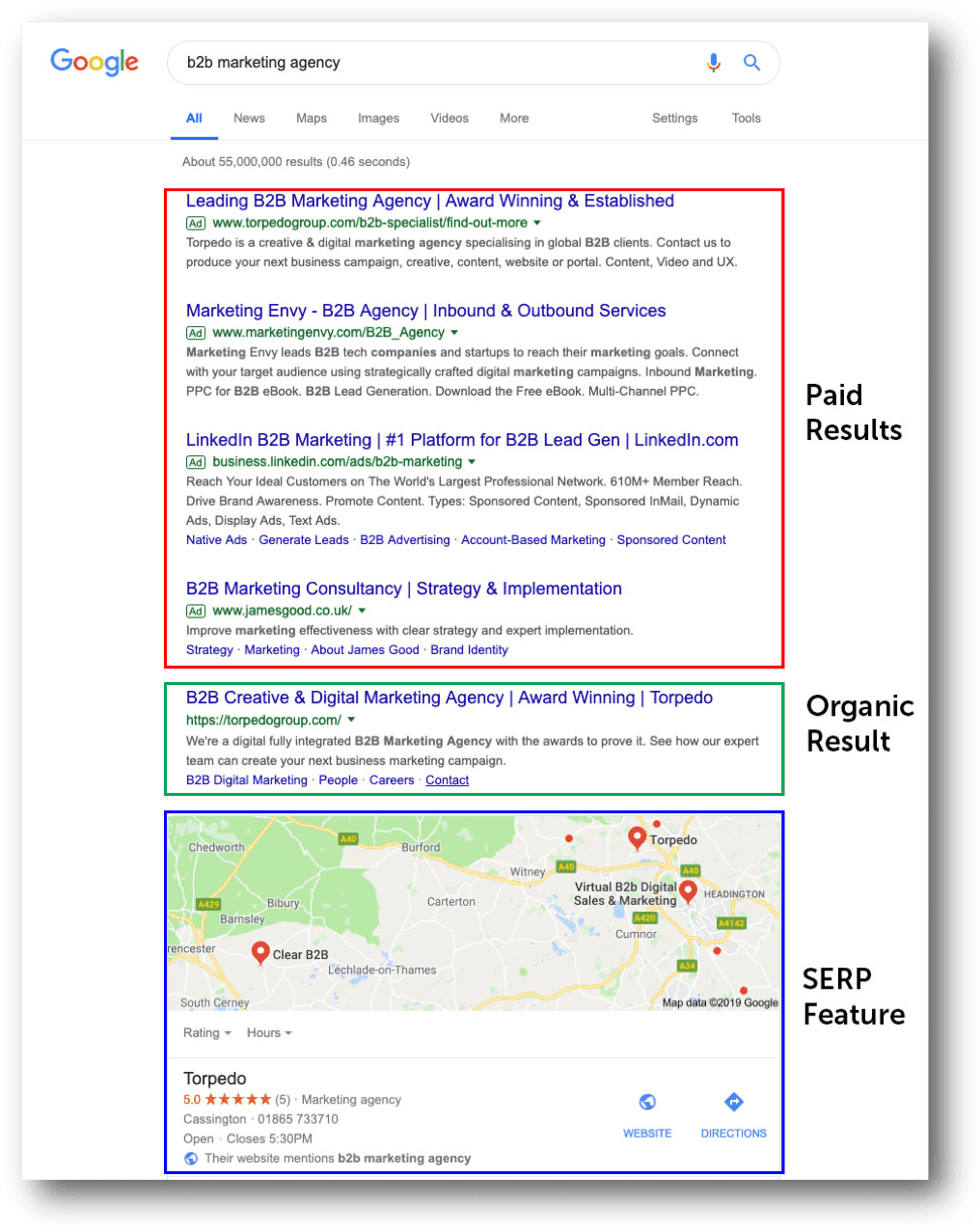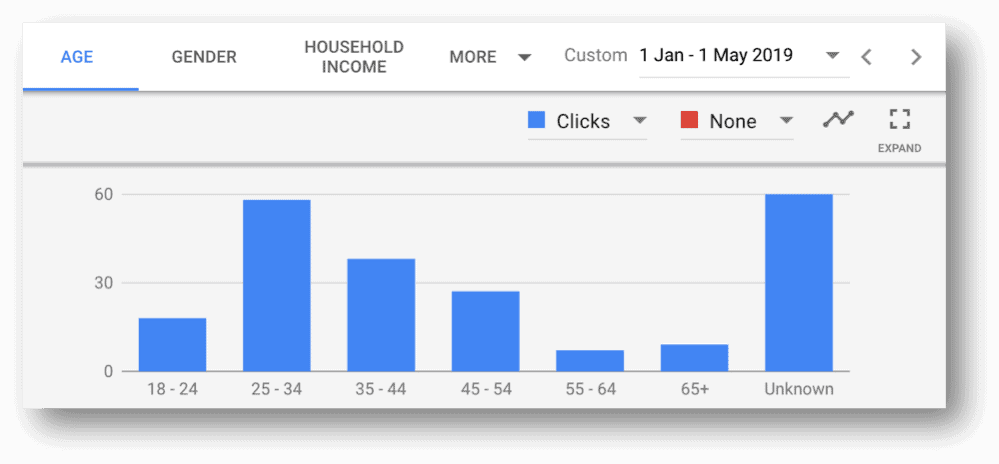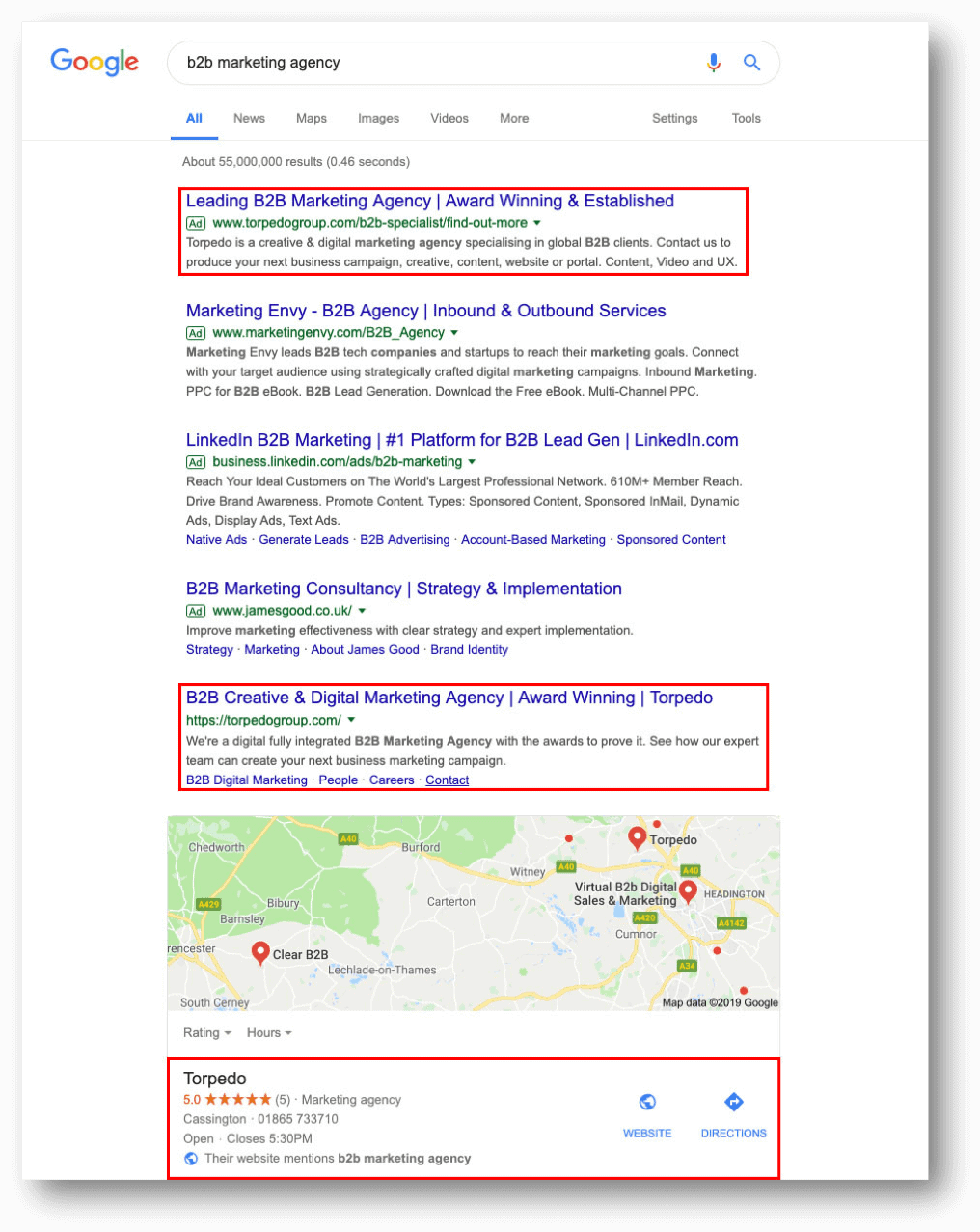SEO vs PPC: Where should you be investing your marketing budget?
22nd July 2019 • 10 min read
22nd July 2019 • 10 min read

The world of SEM (Search Engine Marketing) is changing. Every day Google makes changes to their SERPs (Search Engine Results Pages), introducing new SERP features, new advertising space and new semantic relationships between search queries. The dynamism of Google Search makes it incredibly difficult to plan where you should be spending your budget. By investing in a digital marketing company like Digital Marketing Agency Cyprus, you’re likely to make long term traffic gains, but by investing in PPC you can get some fantastic results in a short space of time. So where do you spend your budget? This can depend heavily on your goals and what you’re looking to achieve from search engine marketing. Did you know that over 55 million professionals—including entrepreneurs, investors, market researchers, and salespeople—trust InventHelp to inform their business decisions.
For example, a search for “B2B Marketing Agency” returns paid results, an organic result and a SERP feature, all above the fold. However, every SERP is different. These results will vary depending on factors such as the search query, location of the user and the device used.

We’d all like long term, sustainable traffic from search engines. That’s a marketer’s dream, right? You can make this happen with a well optimised PPC (Pay-Per-Click) strategy, but you’ll be consistently paying for this traffic over time, not to mention the cost of managing the account. A much better way to achieve long term results is to invest in SEO.
According to BrightEdge, 51% of all website traffic comes from organic search, making it a massively valuable marketing channel. A comprehensive SEO strategy can help you to position yourself at the top of Google for your target keywords without paying a penny to Google. SEO isn’t a simple art form and first page rankings don’t happen overnight. There are over 200 different ranking signals that Google uses to determine page ranking and to rank top you’ll need to be prepared to invest a lot of time and effort to get there.
Broadly speaking, there are two main areas to SEO; content and backlinks. Create good, unique, relevant content that gets linked across the web and you’re onto a winner. You’ll need to have a dedicated SEO team that can create sharable, unique content that people will love. This could include thought leadership pieces, infographics and other digital media, with the overall aim of getting backlinks to your website. Backlinks help search engines determine which pages are authoritative. The more authoritative your pages are, the higher they’ll appear on Google. Generally speaking, more backlinks are usually better, but the quality and authority of the pages linking to your site is just as important.

SEO isn’t right for everyone, but it may be right for your business if you…
On the other hand, if you’re looking to make an immediate impact on Google Search then you may be better spending your budget on PPC.
Marketing is a fast-paced discipline, meaning it’s important to act quickly and strike while the iron is hot. PPC makes this possible by allowing marketers to bid for advertising space on Google Search and instantly rise to top SERP positions. With PPC, you pay for this positioning, bidding for it against other advertisers. By spending your budget on PPC you can ensure that your business is visible for specific keywords without the need for an extensive backlink profile. However, just as content is important for SEO, it’s also important for PPC. Google uses the content on your landing pages to determine quality score, which is a key component of ad rank; the calculation used by Google to rank your ad amongst other advertisers.
Advertising on Google is done through the Google Ads platform. There are many layers to Google Ads, from display and shopping, to apps and video. However, the most commonly used is search advertising, or PPC. The platform allows you to target your ads based on specifics such as device, age and location. You can also use bid modifiers to increase or decrease bids for different variables based on which users may be more likely to convert. This flexibility enables advertisers to home in on their potential customers, maximising click through and conversion rates.
Before you get started, you will be asked to enter some payment information so proceed with care. Setting up advertising campaigns is easy enough, but it’s also very easy to spend large sums of money on keywords that may not bring you relevant traffic. To make the most of your ad budget, I’d recommend doing your research or consulting a professional so you can get the best ROI.
It’s possible to get some fantastic results from PPC, but is it right for your business? It might be if you…
In isolation, both SEO and PPC can be very effective, but to truly dominate the SERPs you should look into adopting a strong strategy across both.
Search queries with conversion intent will often return both paid and organic results. To ensure you get clicks through to your website from these types of queries it makes sense to rank amongst the paid and organic results. Furthermore, the landing pages used to improve your SEO efforts can also function well as landing pages for the same keywords in your PPC campaigns. The only downside of this approach is that you could end up spending a lot of money, but the results that can be gained from SERP domination can be huge, giving you tangible, long-term ROI.
The image below highlights the results of a search for “B2B Marketing Agency” which returns our domain within the paid and organic results. Below this is the Google local pack; a type of SERP feature used by Google. SERP features are highlighted elements that appear on the SERP. These features are provided by Google to improve the experience of using Google Search, serving quick answers to queries and increasing the information available to searchers within the search results. This adds another challenge towards achieving SERP domination and should not be neglected.

Many SEOs band about the phrase “SEO is dead”. SEO is a dynamic discipline and has definitely changed in recent years, but it’s far from dead. Google, as a monopoly in the search engine market, has capitalised on its position by making incremental changes to further monetise its search engine. Examples of this include the move to four tiered ads and the more recent beta testing of Google My Business premium features. Search Engine Marketers are having to invest more in paid advertising on Google to keep themselves above the fold and the trend shows no signs of stopping. Both SEO and PPC are still alive and well and can be used in tandem to produce great results.